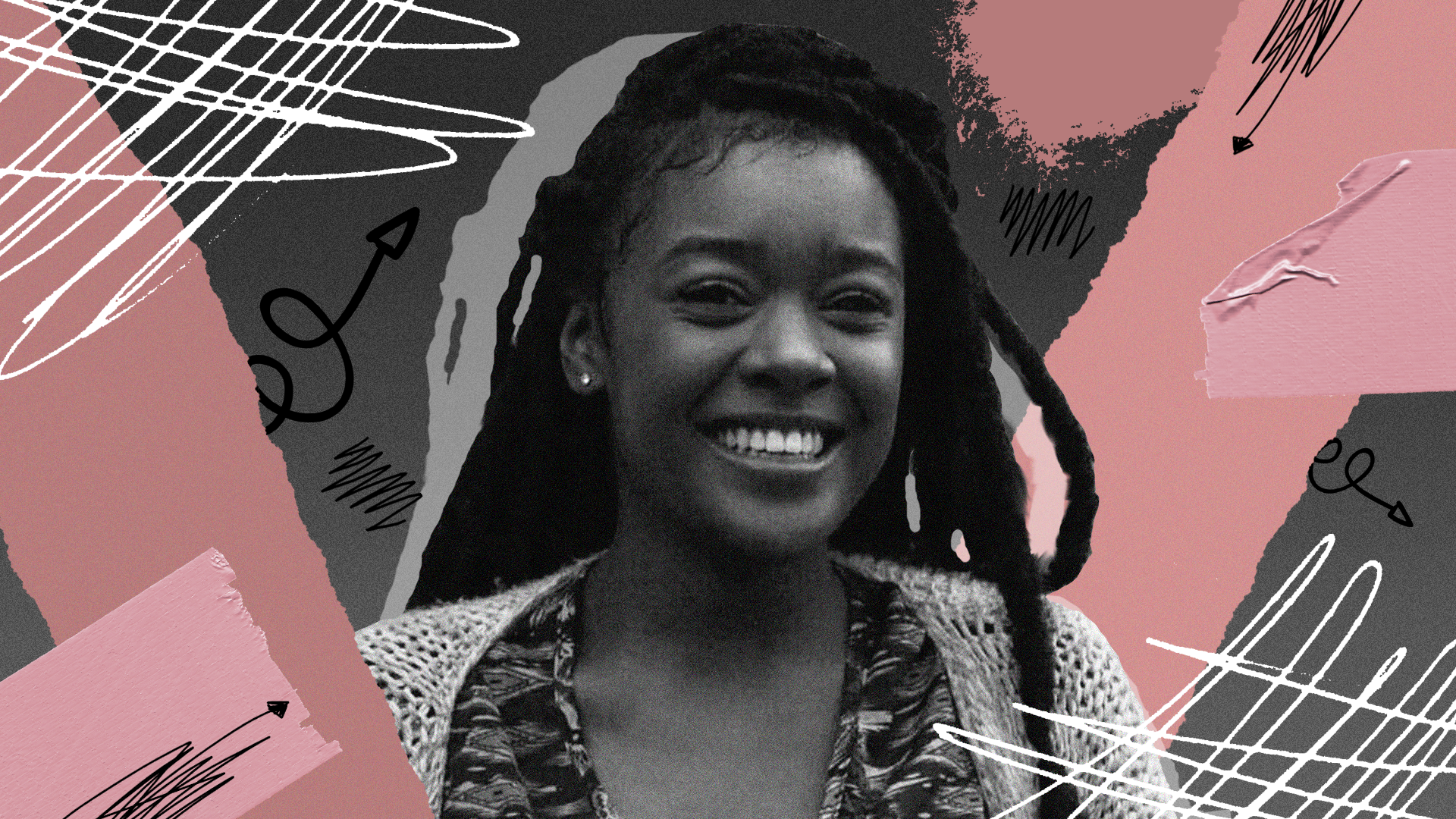At only 23-years-old, Lavinya Stennett is the CEO of The Black Curriculum, a new initiative that’s fighting to improve teaching of Black British history and culture.
If you grew up in the UK like I did, then you might feel that your formal education on Black British history was somewhat lacking.
Aside from a surface level rendition of the slave trade’s abolition, very little in-depth discussion of Black rights or identity was discussed in my classes, leaving me embarrassingly ignorant as to Britain’s full cultural history. 23-year-old Lavinya Stennett set up The Black Curriculum in 2019 for this very reason, and is determined to bring young students a more rounded, thorough course on Black identity to help empower them in later life.
The Black Curriculum is a social enterprise dedicated to giving 8-16 year olds a new Black history programme that’s more accessible and comprehensive than traditional courses. The company is in its infancy, but over 1,000 students have already taken part in test workshops that look at Black arts in Britain and explore other cultures around the world, topics that are usually left out of the national syllabus.
Given this year’s Black Lives Matter protests that have pushed for reform and a re-evaluation of our racial biases, Lavinya’s company is a shining example of Gen Z taking initiative and creating the changes that are needed at a systematic level to radicalise how we understand identity and diversity.



















